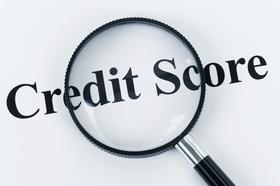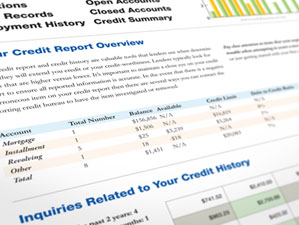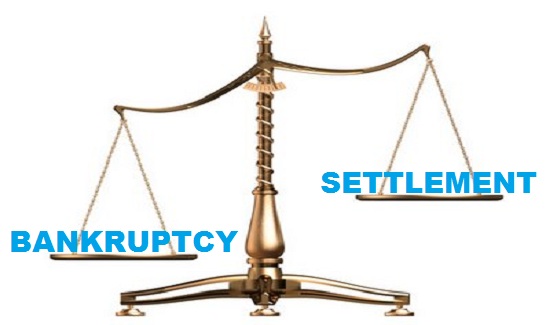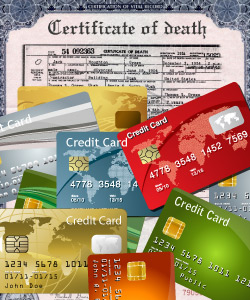Fannie Mae Deepens Credit History Checking
Like most Americans, you’ve accrued some credit card debt. You’re paying it off, but mostly sticking to just making the minimum payments so that you’re able to meet your other financial obligations. No big deal, right? Sure, you’ll pay more in the long haul because of interest, but credit card companies set minimum payments for a reason and you’re still making your monthly payments on time. Noting all of this, and considering that your credit score and credit history is in pretty good shape, you figure now is the time to apply for that home loan.
Surely you’ll be approved on your credit history and creditscore , right?
Not so fast.
Fannie Mae, the entity responsible for the issuing of government mortgage loans, is digging deeper into the credit history of applicants beyond just their credit history and credit score. That’s right, Fannie Mae is now taking into consideration how applicants are managing their debt as it pertains to approving or denying mortgage loans.
Fannie Mae’s trended credit history check
The latest version of Fannie Mae’s underwriter software is designed to more carefully analyze what it refers to as “trended credit data,” or details about how consumers are specifically managing their debt. Instead of just analyzing whether or not consumers are making their payments on time, the new software version also takes into consideration the following:
- How much consumers are paying monthly toward balances.
- The frequency that they are making their payments.
- Their ability to properly manage debt overall.
For instance, consumers just making the minimum payments on their credit cards aren’t going to be seen as favorably as consumers making more significant payments toward debts or consumers that pay off credit cards each month. This new judging system, in turn, could prevent mortgage applicants from being able to buy a home. Arguably most alarming about these new standards is that Fannie Mae offers government-backed home loans to help make housing more affordable for low- to middle-income Americans. Chances are it’s these low- to middle-income Americans that have these types of debt repayment practices.
This is still in the early phases of rollout and unlikely to take effect immediately. However, Fannie Mae’s new standards may become routine before too long. It could even snowball so that other lenders judge consumers similarly, which could really make things difficult for Americans.
Navigating Fannie Mae
So how can you work around Fannie Mae’s more in-depth consumer considerations if you don’t qualify for a conventional mortgage? It’s all about enacting a viable credit repair plan. To show that even if you have a balance, you’re doing your best to eliminate it from your credit history check and credit score. Here’s a look at some tips for how to eliminate debt and improve your consumer status:
- Pay off high interest cards first.
- Contact lenders to see if they’ll give you a lower interest rate.
- Consider debt consolidation so that you’re only paying off one balance as opposed to several balances.
- Only spend what you know you can immediately pay off to avoid accruing more debt.
- Stay disciplined.
- Come up with a plan: In addition to a base budget, consider putting any additional income (i.e. performance bonuses, tax refunds, cash back rewards, etc.) toward debt repayment.














